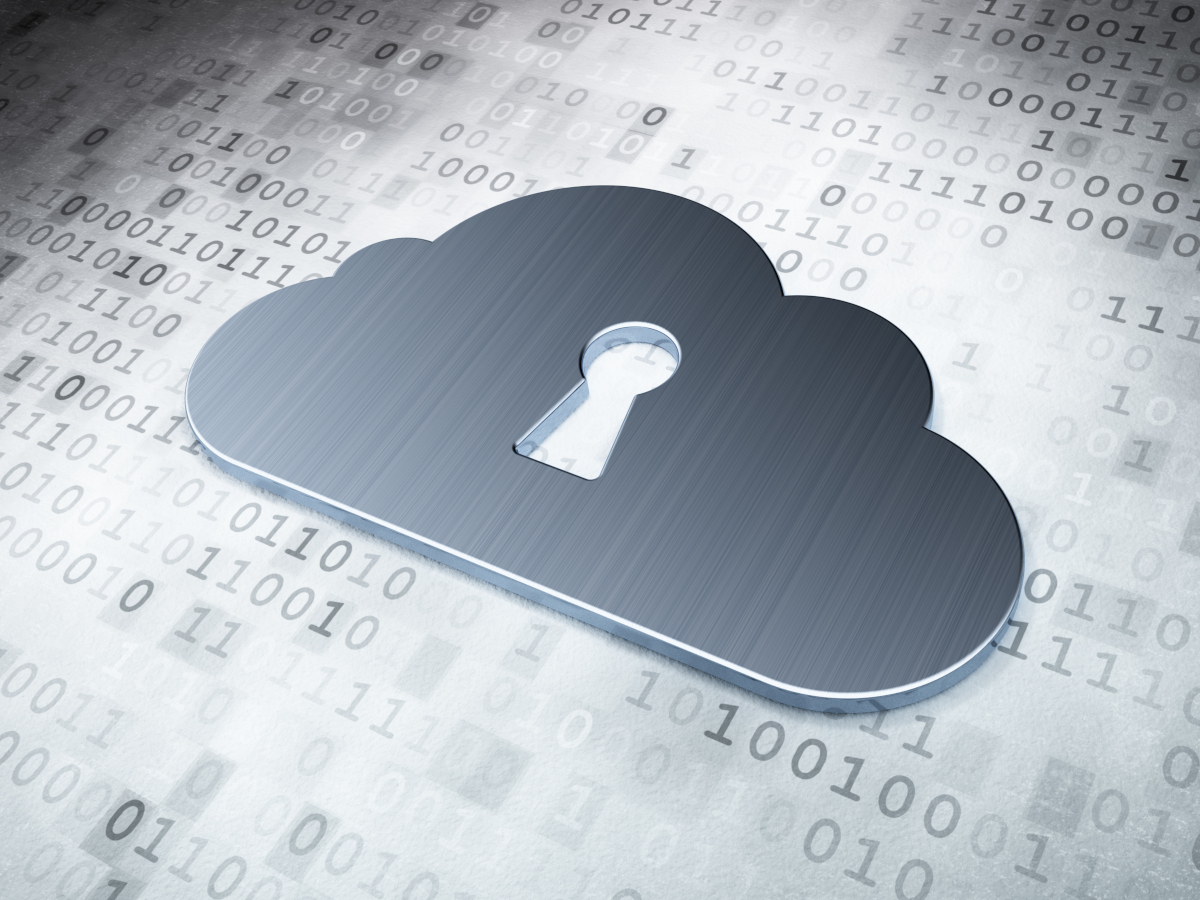The Crucial Role of Backup and Disaster Recovery for Businesses
December 12th, 2022 by admin

Data backup and disaster recovery (DR) have become integral parts of any modern business. With the increased use of digital technology, businesses are more vulnerable than ever to a wide range of data loss scenarios, such as system crashes, hardware failure, cyberattacks, natural disasters, and human errors.
Without an effective DR plan in place, these scenarios can quickly spell disaster for any company by leading to lost revenues, customer dissatisfaction, and reputational damage. That's why having a comprehensive data backup, and disaster recovery strategy is essential for keeping your business safe from the unexpected.
Data Backup
Data backups provide an additional layer of protection for your business's valuable information by regularly creating copies of important files or databases at set intervals. This ensures that even if something happens to your primary data, such as a system crash, you still have an easily accessible version that can be quickly restored. Not only does this minimize downtime and disruption to operations, but it also reduces the chances of data loss in the event that your primary storage is corrupted or destroyed.
Disaster Recovery
In addition to backing up your data, having an organized and well-planned disaster recovery plan is key for minimizing any potential damage from unforeseen events. DR plans outline detailed procedures for handling different types of disasters and provide guidelines on how best to respond when catastrophe strikes. This includes setting up protocols for recovering lost or damaged files, restoring systems and databases back to their pre-disaster state, and ensuring all necessary personnel are notified so they can help with the recovery process.
Signs You Need a Backup and Disaster Recovery Plan
You haven't tested your existing system: Regular testing of your systems is essential to make sure they are functioning properly and that an incident or natural disaster won't take you down for good.
You don't have an off-site data storage option: Even if you store the majority of your data on a hard drive, server, or in the cloud, having a secondary backup facility (preferably off-site) will ensure that all of your information remains intact in the event of a power outage or other crisis.
Your recovery time objective (RTO) isn't well defined: Knowing how quickly you need to be able to recover after a disaster is an important part of planning for your disaster recovery strategy.
You don't have a cloud-based backup solution: The cloud offers a secure and convenient way to store large amounts of data, helping you avoid the need for physical server infrastructure in case of a natural disaster or other catastrophes.
Updating and patching your software, hardware, and network regularly can help prevent any vulnerabilities that could be exploited by malicious actors or otherwise lead to data loss in a crisis.
Your off-site backups aren't tested routinely: Testing your off-site backups frequently will ensure they are functioning properly and that you won't have to worry about data loss in the event of a disaster.
You don't have a clear plan for restoring lost information: Having a well-defined strategy for recovering lost data is essential and must include steps to retrieve it from backups and even from other sources if necessary.
You haven't trained staff on what to do in case of an emergency: Without proper training, staff may not know how to respond when disaster strikes, leading to confusion that could impede the recovery process.
Your organization doesn't have insurance coverage for disasters: Disaster insurance can help offset some of the losses associated with natural disasters or other crises that lead to significant damage or destruction of property.
You're not regularly assessing the risks: Assessing and understanding the risks associated with your business operations is an important part of disaster recovery planning, as it helps you identify areas that may be vulnerable to attack or disruption.
Data backup and disaster recovery are critical components of any successful business strategy. Having an effective DR plan in place ensures that your company is able to recover quickly from unexpected disasters while minimizing disruption, data loss, and financial losses.
It's important to regularly back up important files and databases, as well as review and update existing DR plans to make sure they remain current. Taking these steps will go a long way toward keeping your business running smoothly, even in the event of a crisis. If you want to learn more about the crucial role of backup and disaster recovery for businesses, contact us today.
Posted in: managed IT
